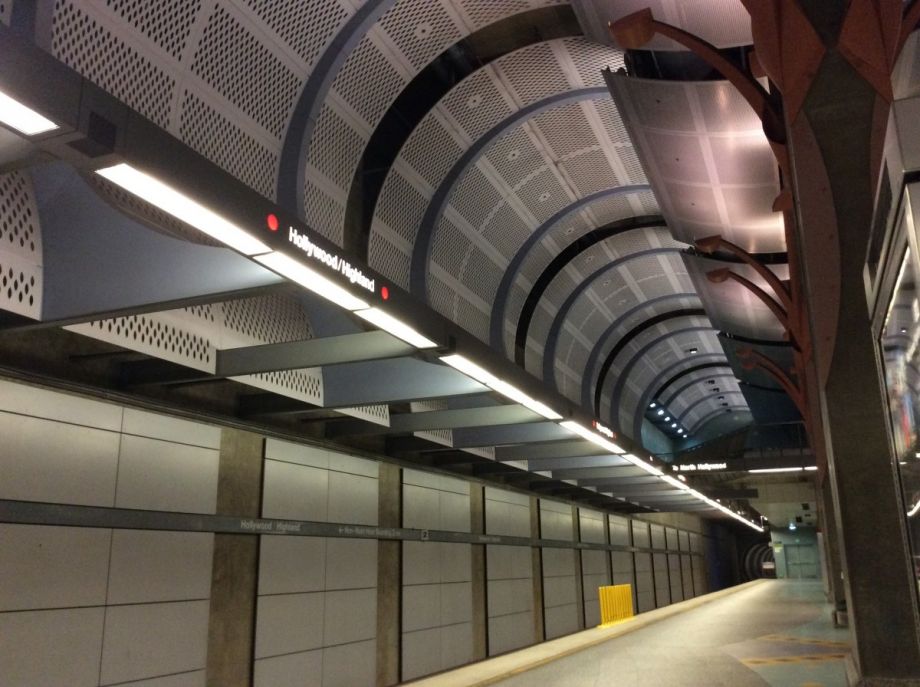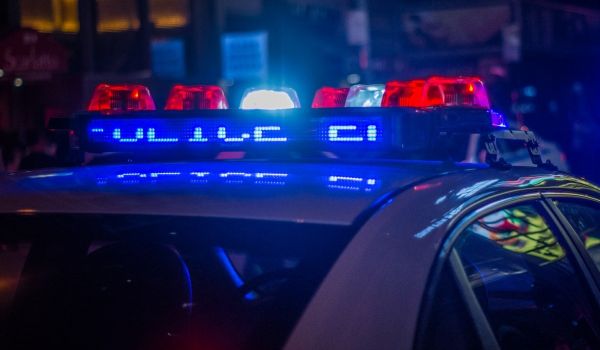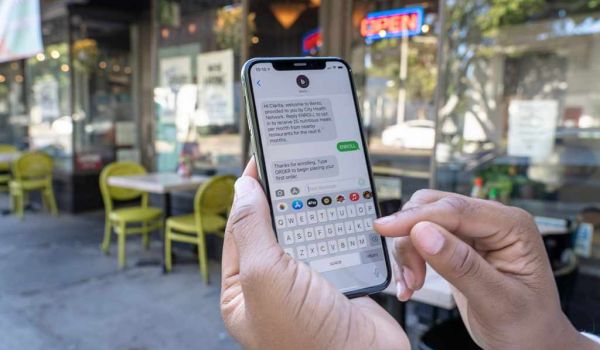In a bid to tighten security on Los Angeles County’s rail system, transportation authority officials plan to set up a network of body scanners later this year. Unlike the walk-through scanners used by airports, these devices will scan passengers en masse from up to 30 feet away — raising questions about equity and consent.
Los Angeles will be the first city in the U.S. to utilize the technology for its transit system, the Los Angeles Times reports. The devices resemble a “trunk on wheels” according to the paper, and cost about $100,000 each.
Along with metal detectors, scanners are rare on the nation’s rail systems because “the technology does not work fast enough to process a significant share of commuters at rush hour,” according to the Times. But these devices can process upwards of 2,000 people an hour, Metro spokesman Dave Sotero said.
“Most people won’t even know they’re being scanned, so there’s no risk of them missing their train service on a daily basis,” Sotero added, according to another article in the New York Times.
Metro security chief Alex Wiggins, however, told the Los Angeles Times that passengers will be made aware that they’re entering an area where they can be searched. Signs will be posted next to the scanners, and would-be riders can choose to opt-out. But “opting out” could mean being barred from the station that day.
As Next City has covered, adding extra layers of security to public transportation comes with a whole host of equity concerns. Cleveland’s “proof-of-payment” system, which allowed police officers to stop passengers and check whether they’ve paid their fares, was ruled unconstitutional by a municipal court judge last year. In her decision, Judge Emanuella Groves wrote that stops conducted by officers “decorated with the color of the law” violated the Fourth Amendment, which prohibits unreasonable searches and seizures. Advocates in other cities celebrated her ruling — voicing concerns that allowing law enforcement to stop and search passengers would deter immigrants and people of color from using public transportation.
But cities from Paris to Florence to New Orleans are upping their security measures in response to terrorist attacks and mass shootings, whether by deploying soldiers or mounted cameras or even retooling public spaces to withstand vehicular rampages. In Los Angeles, officials say the scanners won’t violate passengers’ right to privacy.
“One thing we have to be sensitive to is the Fourth Amendment, unreasonable search and seizure,” Wiggins said, according to the Los Angeles Times. “We will make it very, very clear that individuals are entering an area where they’re subject to search.”
Time will tell if passengers agree.

Rachel Dovey is an award-winning freelance writer and former USC Annenberg fellow living at the northern tip of California’s Bay Area. She writes about infrastructure, water and climate change and has been published by Bust, Wired, Paste, SF Weekly, the East Bay Express and the North Bay Bohemian
Follow Rachel .(JavaScript must be enabled to view this email address)


_600_350_80_s_c1.jpg)













